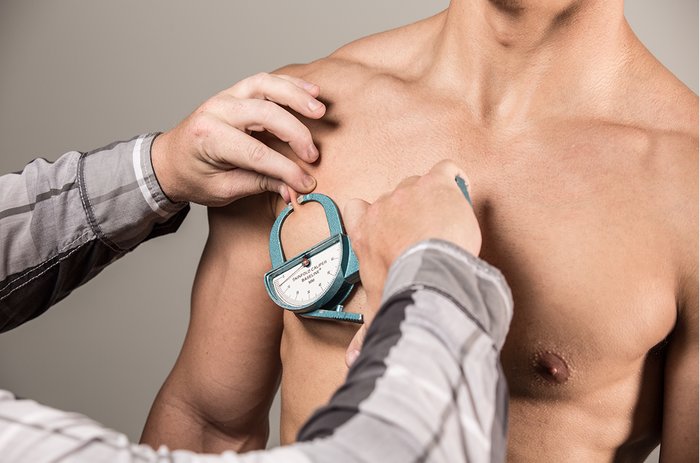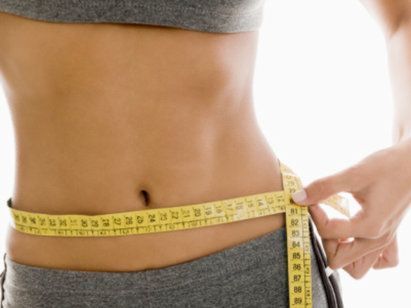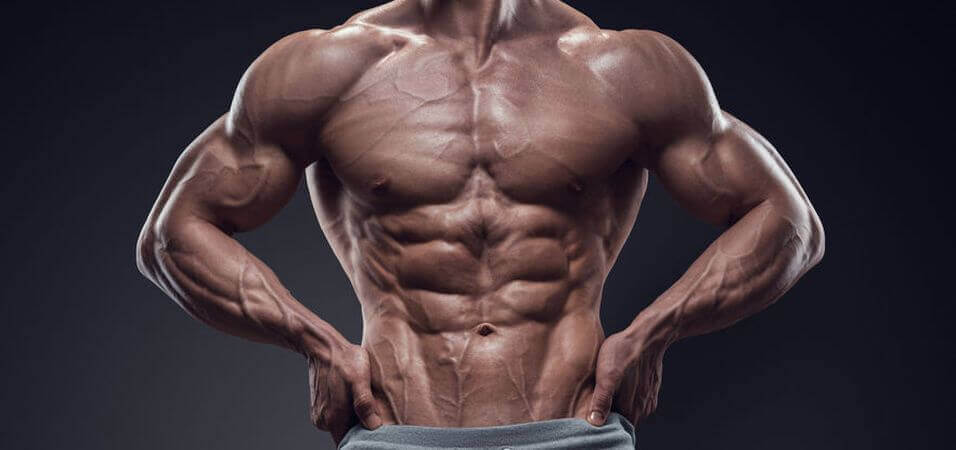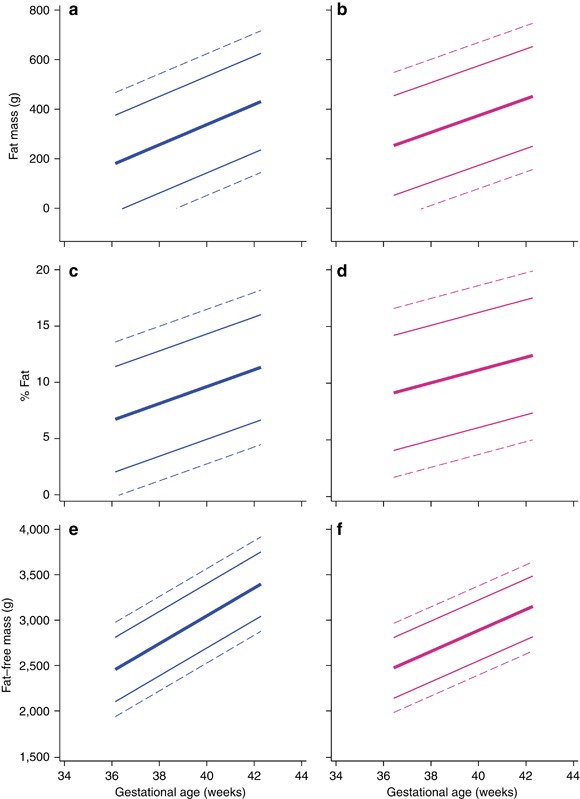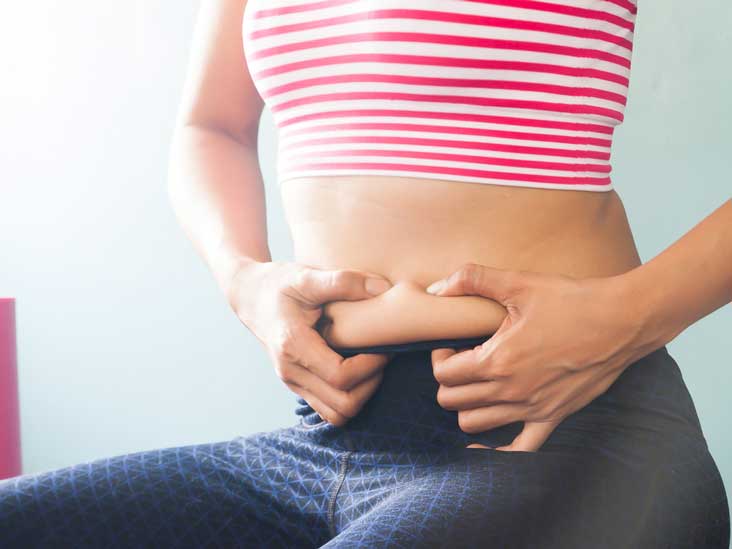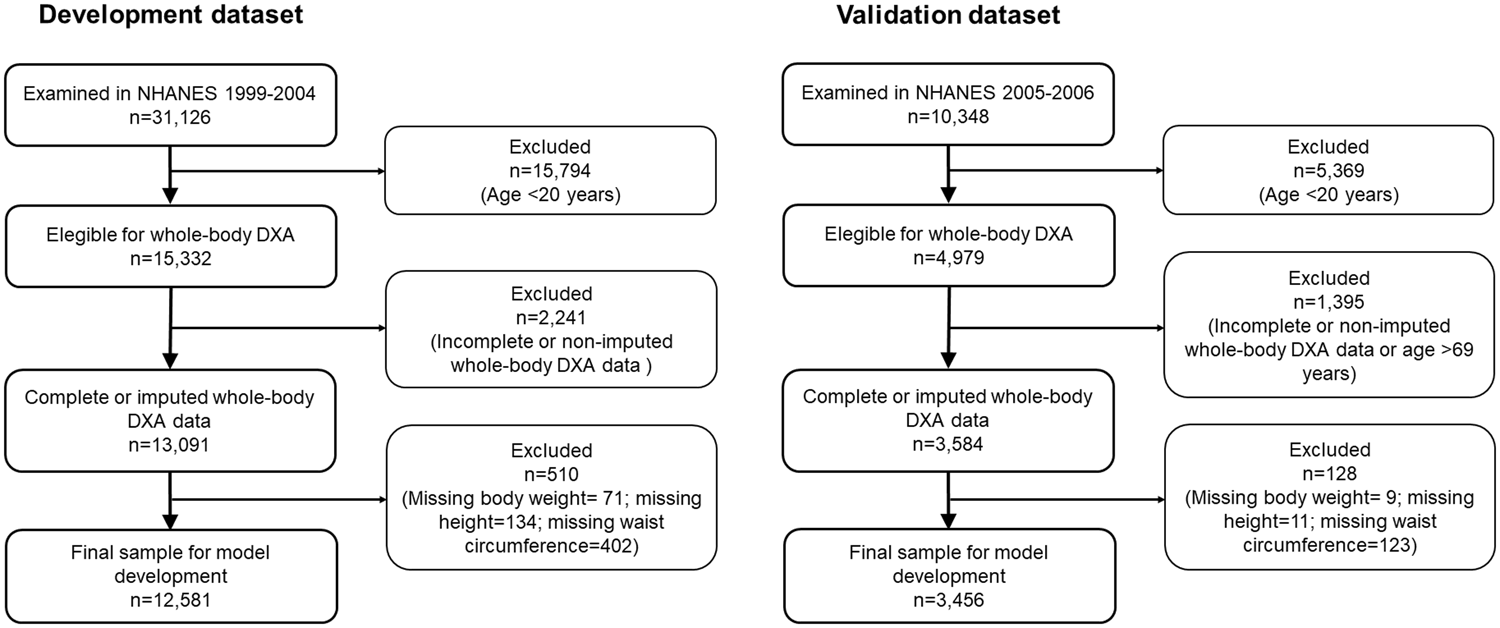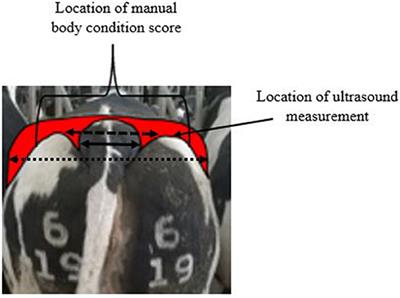Since the density of an object in this case your body equals mass divided by volume we know mass equals your body weight. The pod measures the volume of air you displace allowing the bod pod to measure your overall density. This paper discusses some of the practical aspects of both reference body composition methods densitometry isotope dilution methods in vivo neutron activation analysis dual energy x ray absorptiometry computerized tomographic scanning and magnetic resonance imaging and bedside or field techniques weight and height indices skinfold thicknesses impedanceresistance near infra red interactance and 24 hour creatinine excretion. We know the density of fat muscle and bone and water. Some of the methods that are used today include anthropometry tracer dilution densitometry dual energy x ray absorptiometry air displacement plethysmography and bioelectrical impedance analysis. Many techniques are available for body composition assessment which range from simple indirect measures to more sophisticated direct volumetric measurements.
Int j obesity 199317611 621. Review articles jebb sa elia m. Volume is measured by the bod pod. Techniques for the measurement of body composition. Using the caliper to measure body composition is the most common way to get an accurate reading but when the same method is used for men and women the readings are not at accurate as you think. Techniques for the measurement of body composition.
Comprehensive review of practical and research methods used for measurement of body composition. Comprehensive review of body composition assessment. Some techniques measure gross composition in terms of fat and fat free mass or the components of fat free tissue such as water mineral and protein while other methods measure the mass of individual tissues organs or body segments. The best and most accurate measurement of your body fat is hydrostatic weighing which is an underwater measurement.


